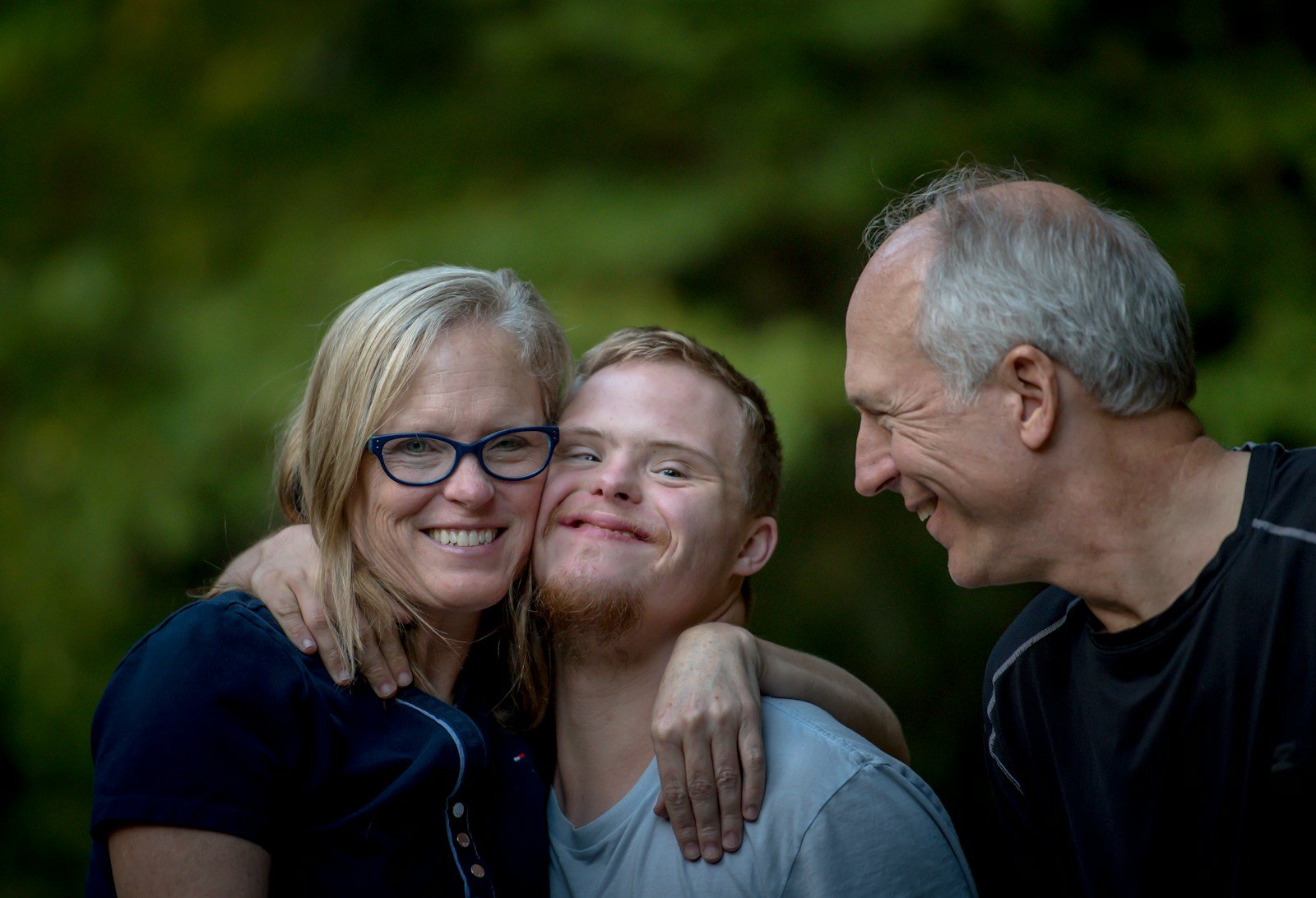 assisted living facilities
assisted living facilities
As individuals age, their needs for care and support may evolve, prompting considerations about transitioning from assisted living to a higher level of care. This topic has gained significant attention in recent years due to the growing population of older adults and the importance of ensuring they receive appropriate levels of care to maintain their health, safety, and quality of life. While there are varying opinions and approaches to determining when such a transition is necessary, understanding the signs and considerations involved is crucial for both families and caregivers.
Exploring the Facets of Transitioning to Higher Level of Care
Several signs may indicate that it’s time to consider moving from assisted living to a higher level of care:
- Increased Care Needs: If a resident’s care needs exceed the level of support provided in assisted living, such as requiring assistance with activities of daily living (ADLs), medication management, or specialized medical care, it may be indicative of the need for a higher level of care.
- Safety Concerns: Instances of falls, accidents, or wandering behavior that pose safety risks to the resident or others may signal the need for a more secure and supervised environment offered in skilled nursing facilities or memory care units.
- Declining Health Status: Progressive medical conditions, cognitive decline, or chronic illnesses that significantly impact the resident’s health and functional abilities may necessitate a transition to a setting with greater access to medical care and support services.
Link to Mayo Clinic article on signs it’s time for assisted living
Link to AARP guide on transitioning to long-term care
Link to AgingCare article on recognizing signs it’s time for memory care
Challenges and Considerations
Several challenges and ethical considerations arise when determining the appropriate timing for transitioning to a higher level of care:
- Emotional Impact: Moving from assisted living to a higher level of care can be emotionally challenging for residents and their families, requiring sensitivity, empathy, and support throughout the transition process.
- Financial Considerations: The cost of higher level of care facilities may be prohibitive for some families, leading to difficult decisions regarding affordability and access to necessary care services.
- Autonomy and Choice: Balancing residents’ autonomy and their need for increased support and supervision can be ethically complex, requiring careful consideration of residents’ preferences, rights, and best interests.
Future Developments and Unresolved Questions
As the aging population continues to grow, there are ongoing discussions and research efforts aimed at addressing the following questions:
- How can assisted living facilities and higher level of care providers collaborate to facilitate seamless transitions and continuity of care for residents?
- What role can technology play in enhancing the quality of care and support services provided in higher level of care settings, particularly for residents with complex medical needs or cognitive impairments?
- How can regulatory policies and standards be adapted to ensure the safety, dignity, and well-being of residents transitioning to higher level of care?
By exploring these questions and considering emerging approaches to care delivery, stakeholders can work towards optimizing transitions and enhancing the overall quality of care for older adults.
Case Study: The Johnson Family
The Johnson family faced the decision to transition their mother, who had been living in assisted living, to a skilled nursing facility when her health declined rapidly due to advanced dementia. Despite initial hesitations, they recognized the signs indicating the need for specialized care and sought guidance from healthcare professionals to facilitate a smooth transition. While emotionally challenging, the move ultimately improved their mother’s quality of life and ensured she received the appropriate level of support and supervision tailored to her needs.
Conclusion
Recognizing the signs that it might be time to move from assisted living to a higher level of care is a complex and multifaceted process that requires careful consideration of individual needs, preferences, and circumstances. By understanding the signs and challenges involved, families and caregivers can make informed decisions that prioritize the health, safety, and well-being of older adults. As the landscape of elder care continues to evolve, ongoing dialogue and collaboration among stakeholders will be essential to ensuring that transitions to higher levels of care are conducted with compassion, dignity, and respect.
Q&A Section
- What factors should families consider when evaluating the need for a higher level of care?
- Families should consider the resident’s care needs, safety concerns, health status, and functional abilities, as well as their own ability to provide or arrange for necessary care and support services.
- How can families navigate the emotional challenges associated with transitioning to a higher level of care?
- Families can seek support from healthcare professionals, social workers, and support groups, as well as involve the resident in decision-making processes and ensure open communication and empathy throughout the transition process.
- What resources are available to help families explore and evaluate higher level of care options?
- Families can consult with healthcare professionals, eldercare advisors, and long-term care ombudsmen, as well as utilize online resources, informational guides, and facility tours to explore and evaluate higher level of care options.
- What steps can families take to ensure a smooth transition to a higher level of care facility?
- Families can plan ahead, communicate openly with facility staff, address any logistical or administrative concerns, and provide emotional support and reassurance to the resident throughout the transition process.
- How can families advocate for the best interests of their loved one during the transition to a higher level of care?
- Families can advocate for their loved one’s rights, preferences, and well-being by staying informed, asking questions, expressing concerns, and collaborating with facility staff to ensure that their loved one’s needs are met and their dignity is preserved throughout the transition process.
Need help? Let us know how we can match you.
